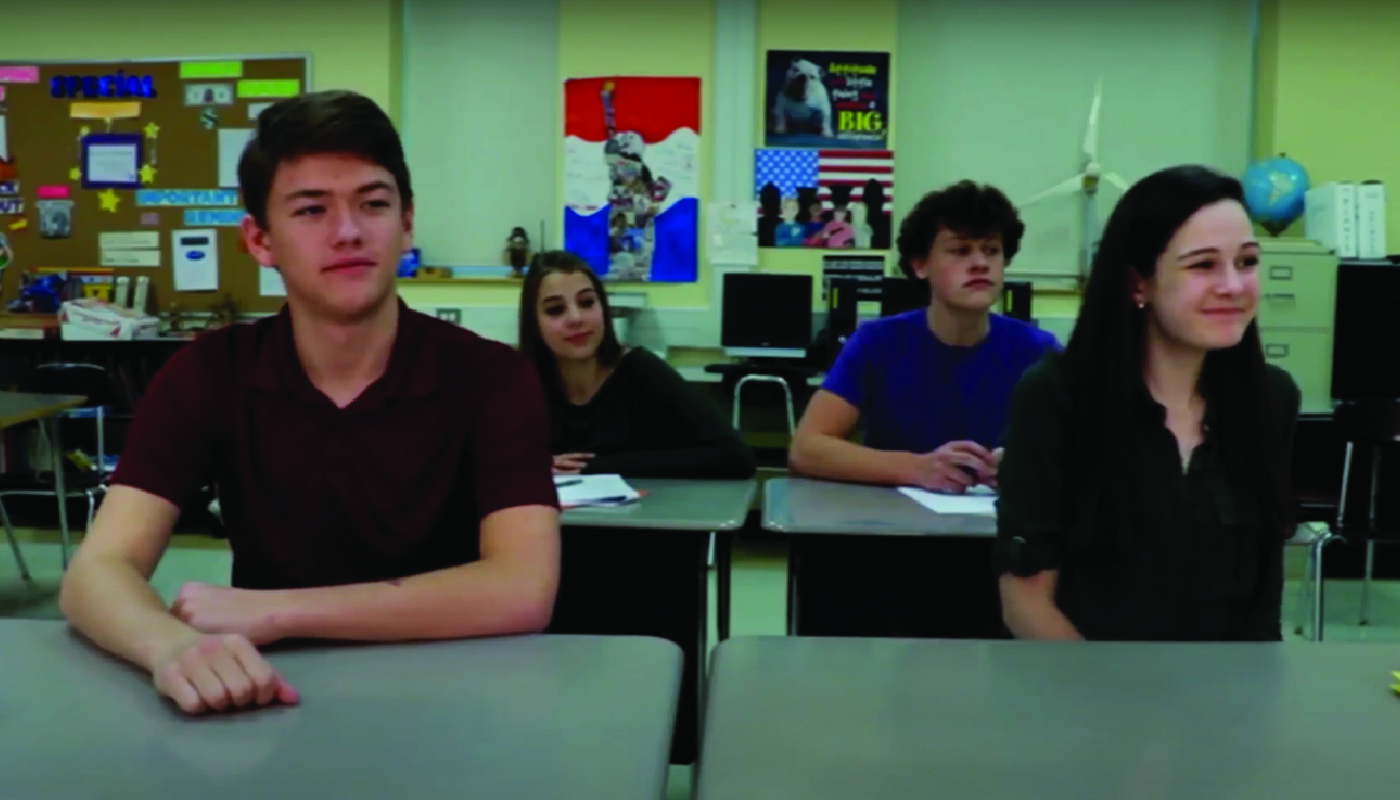Introduction
Self-control is an essential skill for PreK students as they navigate various social situations and learn to regulate their emotions. It involves the ability to refrain from impulsive behaviors, such as calling out in class or reacting negatively to a situation. By teaching self-control, educators can help young students develop strategies to manage their emotions and make better decisions in social settings. This blog post will introduce an easy no-prep activity, discussion questions, and related skills to help educators teach self-control effectively.
No-Prep Activity: The Freeze Game
The Freeze Game is a fun and engaging activity that requires no preparation or materials from the educator. This game helps PreK students practice self-control by encouraging them to freeze their movements when instructed. To play the game, follow these simple steps:
- Ask the students to stand in a circle or scattered around the room, ensuring they have enough space to move freely.
- Explain the rules of the game: when the teacher says “move,” the students can dance, jump, or walk around the room. When the teacher says “freeze,” the students must stop moving immediately and remain still until the teacher says “move” again.
- Begin the game by saying “move” and encourage the students to move around the room. After a short period, say “freeze” and observe the students’ reactions. Praise those who demonstrate self-control by freezing quickly.
- Continue the game for several rounds, varying the time between “move” and “freeze” commands to keep the students engaged and challenged.
This activity allows PreK students to practice self-control in a fun and interactive way, helping them understand the importance of following instructions and managing their impulses.
Discussion Questions
After completing the Freeze Game, engage the students in a discussion to further explore the concept of self-control. Here are some questions to guide the conversation:
- How did it feel to freeze when you were told to do so? Was it easy or difficult to stop moving?
- Can you think of a time when you needed to use self-control in a different situation? How did you handle it?
- Why is it important to have self-control in the classroom and other social settings?
- What are some strategies you can use to help improve your self-control?
- How does practicing self-control help you become a better friend and classmate?
Related Skills
Beyond self-control, other related social-emotional learning skills can benefit PreK students as they navigate social situations and develop emotional regulation. Some of these skills include:
- Active listening: Encouraging students to listen attentively when others are speaking, helping them develop empathy and understanding.
- Emotion recognition: Teaching students to identify and label their emotions, as well as the emotions of others, to better understand and manage their feelings.
- Conflict resolution: Guiding students in resolving disagreements constructively and finding solutions that benefit all parties involved.
- Cooperation: Promoting teamwork and collaboration among students, fostering a sense of community and shared responsibility.
Next Steps
Now that you have learned about the importance of teaching self-control to PreK students, it’s time to explore more resources to support your students’ social-emotional learning journey. Sign up for free sample materials from Everyday Speech, where you’ll find a wealth of resources, activities, and lessons to help your students develop essential social-emotional skills.






